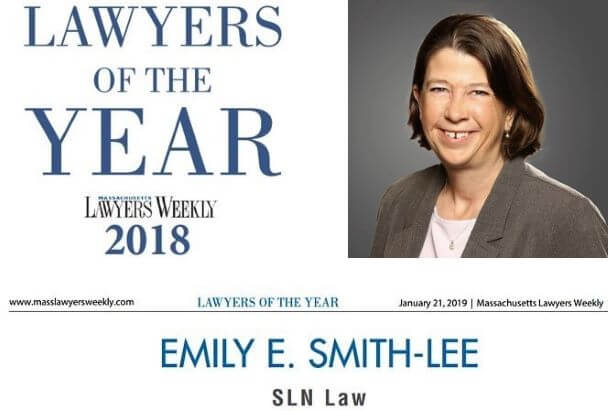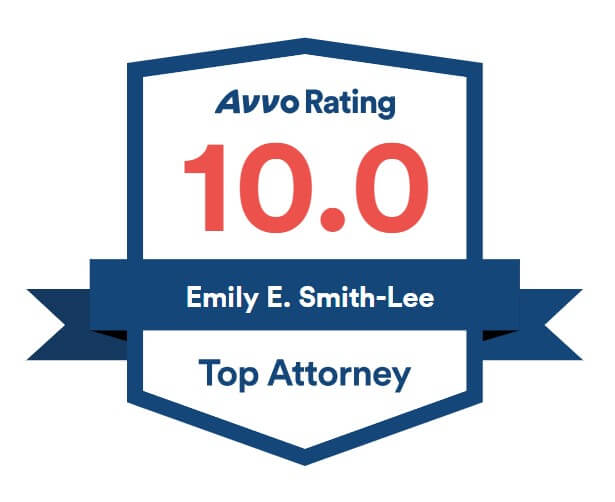Employment Case Assessment
Slnlaw Employment Case AssessmentEvery new employment issue that comes to slnlaw begins with a case assessment. This is true whether you are seeking help with a wrongful termination issue, a wage and hour issue, a non compete agreement or any other legal challenge that may have arisen in your employment.
We'd like to help you understand why we do it this way, what the goals are of the assessment, and how it works. Why an Initial Assessment?The traditional way of doing business for law firms helping people with employment claims is either to charge by the hour or take cases on a full contingency fee basis (meaning there is no out of pocket cost but you pay 33% or more out of a settlement or judgment to cover legal fees).
We've done it both ways over the years, and here is what we have found: Paying attorneys by the hour is often more than most people who have just lost a job, or are waiting for late wages, can sustain. Even though you can eventually get back your legal fees if you win in most of these cases, that doesn't mean you have the cash upfront to pursue it. This model left out many, many people that we could otherwise have helped in important ways. Contingent fee work has its pitfalls too. Mainly, in order for a law firm to make that work as a business model, they can only take on the cases they have a high degree of confidence from the beginning will lead to a settlement or judgment. And making that judgment requires more information, reflection, and sometimes research than an initial consultation with a client can provide. This means a fully contingent fee law firm often says "no" to people without clear, obvious claims. So this model, too, leaves out many people we otherwise could help. That is why we began using the case assessment as the first step of each employment law engagement. There is a fee, but it is a flat fee roughly calculated to equal the 1.5 to 2 hours of professional time usually required to assess the situation and give clear legal advice about potential next steps. What is the Goal of the Assessment?The goal is not to decide whether you have a winning claim. Only a judge or jury does that, many miles down the road, and the outcome is never certain even on the eve of trial.
The goal is also not to determine whether you were treated fairly. In almost every case, you weren't, or you never would have called us. But everything that is unfair is not also unlawful, and even things that are unlawful have to be proven, which can be challenging. Instead, the goal of the case assessment is to help you get clarity about your options, and your risks and potential upsides, so that you can make an informed decision about the best way to move forward after whatever happened to you. In the end, the decision is yours. We will advise you on the strength of your claims, any difficulties in proof that we see, and what you might stand to recover if you pursue a claim and win, or if you try to negotiate an early, out of court settlement (or in some cases an improved severance package). We will talk to you about the costs, both in time and money, of the various options. Armed with all of that information, we will be in a position to tell you whether we think we can help you get the result you are looking for, and you will be in a position to weigh the risks and benefits and decide how you want to proceed. |
We're Here to Help.OR
|
Questions About an Employment Law Problem?
Our Solutions Roadmap is a quick and easy way to share the details of what you are facing and receive preliminary feedback from a member of our team. Use the button below to get started- it is 100% confidential and 100% free.
How Does the Case Assessment Work?
From start to finish, there are basically five steps in the assessment process.
If both you and your attorney believe the best course of action is to pursue a remedy, then we will walk you through what the next steps are with our firm.
In many cases, this involves a private demand letter and attempt to negotiate a settlement or severance privately, without filing a claim in court. Other times this may not be appropriate in your situation, and we can either offer ongoing services at an hourly rate, or you can take the advice and analysis we have provided and either proceed on your own or wait until the situation evolves to a point where it makes sense to attempt settlement.
Either way, the options, and terms of the second phase of our engagement, will be discussed with your attorney at your second meeting, and thereafter if you have questions before making a decision.
- You sign and return the engagement letter and make the initial payment.
- We assign an attorney to your matter, usually the next morning at our daily all-staff meeting.
- Our team works with you to collect any further documents or information we may need for the assessment, and the attorney begins the review process.
- You have an initial meeting with your attorney (usually by zoom) where you can fill in any missing pieces of information, and they can ask you any follow up questions they have.
- You have a second meeting with your attorney. By this meeting, they will have completed their review and analysis, and will walk you through their conclusions, and the most important considerations for you as you decide what to do next.
If both you and your attorney believe the best course of action is to pursue a remedy, then we will walk you through what the next steps are with our firm.
In many cases, this involves a private demand letter and attempt to negotiate a settlement or severance privately, without filing a claim in court. Other times this may not be appropriate in your situation, and we can either offer ongoing services at an hourly rate, or you can take the advice and analysis we have provided and either proceed on your own or wait until the situation evolves to a point where it makes sense to attempt settlement.
Either way, the options, and terms of the second phase of our engagement, will be discussed with your attorney at your second meeting, and thereafter if you have questions before making a decision.
Walk Through the Assessment Process
You can navigate all of the steps of our assessment process, starting with the button below.
Meet Our Employment Lawyers

Emily Smith-Lee is the owner and founder of slnlaw. She is a 1996 graduate of Boston College Law School. She was previously a partner at the Boston office of a large international firm, where she worked for thirteen years before starting the firm that became slnlaw in 2009. She has been recognized as a Massachusetts Superlawyer each year since 2013, and in 2018 earned recognition as one of Massachusetts Lawyers Weekly's Lawyers of the Year. She has written a book on employment law: Rules of the Road, What You Need to Know About Employment Laws in Massachusetts, and helped thousands of clients on both the employee and employer side with issues relating to wage and hour laws, including overtime pay, late or unpaid wages or commissions, employee misclassification, and retaliation against employees asserting rights under the wage and hour laws.

Rebecca Rogers: Rebecca is a 2006 graduate of Boston College Law School, and has worked with slnlaw since 2013. She previously worked as an intellectual property litigation attorney for Fish & Richardson in Boston, Massachusetts, and clerked for the Massachusetts Supreme Judicial Court. Rebecca has helped clients with wage and hour disputes, including employee misclassification, late or unpaid wages or commissions, retaliation under the Wage Act, and advice to both employees and employers about wage and hour law compliance.

Jenna Ordway: Jenna is a 2013 graduate of Quinnipiac Law School, and also earned an LLM in Taxation from Boston University in 2015. She has been affiliated with slnlaw since 2011, first as a law clerk and then as an attorney. Jenna has been recognized since 2019 as a "Rising Star" by Massachusetts Superlawyers. Jenna has helped clients assess their rights under the wage and hour laws, including employee misclassification, untimely payment of final wages, late or unpaid commissions, retaliation, and advice to small business owners about wage and hour law compliance.

Elijah Bresley: Eli is a 2014 graduate of Seton Hall Law school, and has worked with slnlaw since 2020. He previously worked for a boutique employment law firm outside of Boston, and then for the Labor and Employment department of a large Boston firm. He also spent a year clerking for the judges of the Superior Court in Hartford, Connecticut. Eli has helped clients with wage and hour claims, including late or unpaid commissions, retaliation, employee misclassification, and overtime, and litigated these claims in state and federal courts. He also advises employers about employment policies and wage and hour compliance.

Sharleen Tinnin: Sharleen is a 2010 graduate of Northeastern University School of Law, and has been with slnlaw since 2023. Prior to joining slnlaw, she worked with King, Tilden, McEttrick & Brink, P.C. on complex civil litigation matters. She previously worked for the United States Department of Justice, and received an "Excellence in Justice" award in 2017. Sharleen has helped clients with multiple wage and hour issues, including retaliation, misclassification, and late or unpaid wages or commissions, and litigated these claims in state and federal courts.
How We Can Help
We have years of experience representing people in non compete lawsuits in Massachusetts state and federal courts, as well as responding to cease and desist letters, and we would be happy to help. You can use the button below to schedule a call back from a member of our team, or give us a call at 781-784-2322.
|
Emily Smith-Lee Rated by Super Lawyers loading ... |
Jenna Ordway
Rated by Super Lawyers loading ... |


